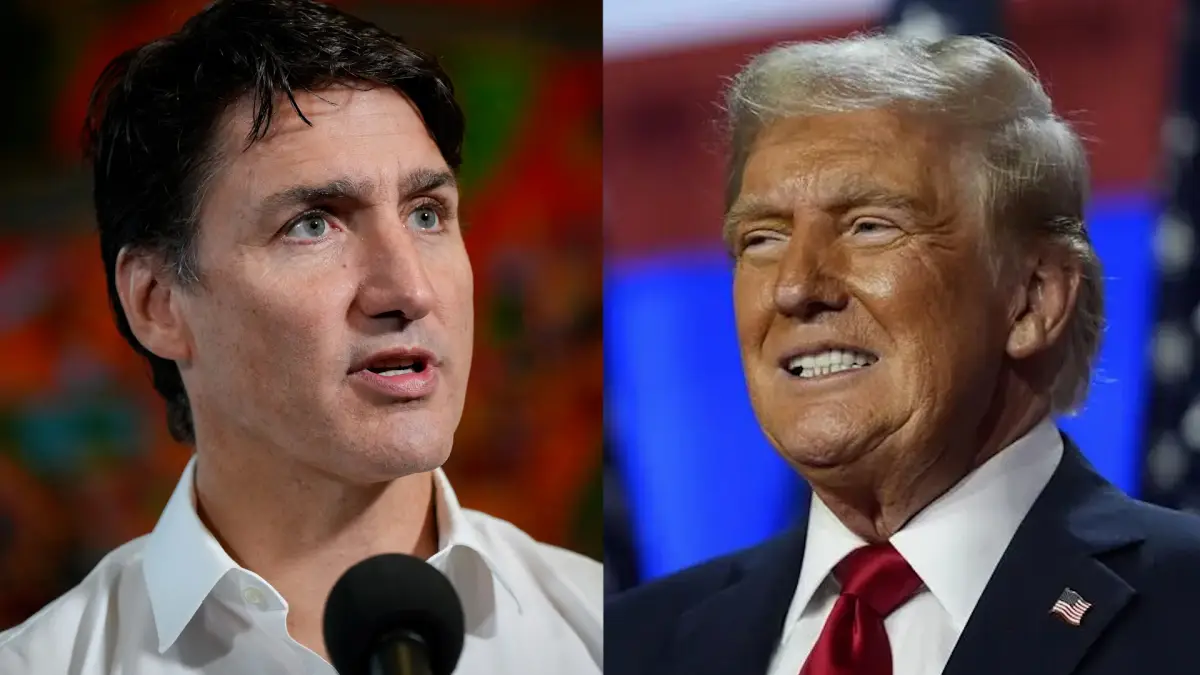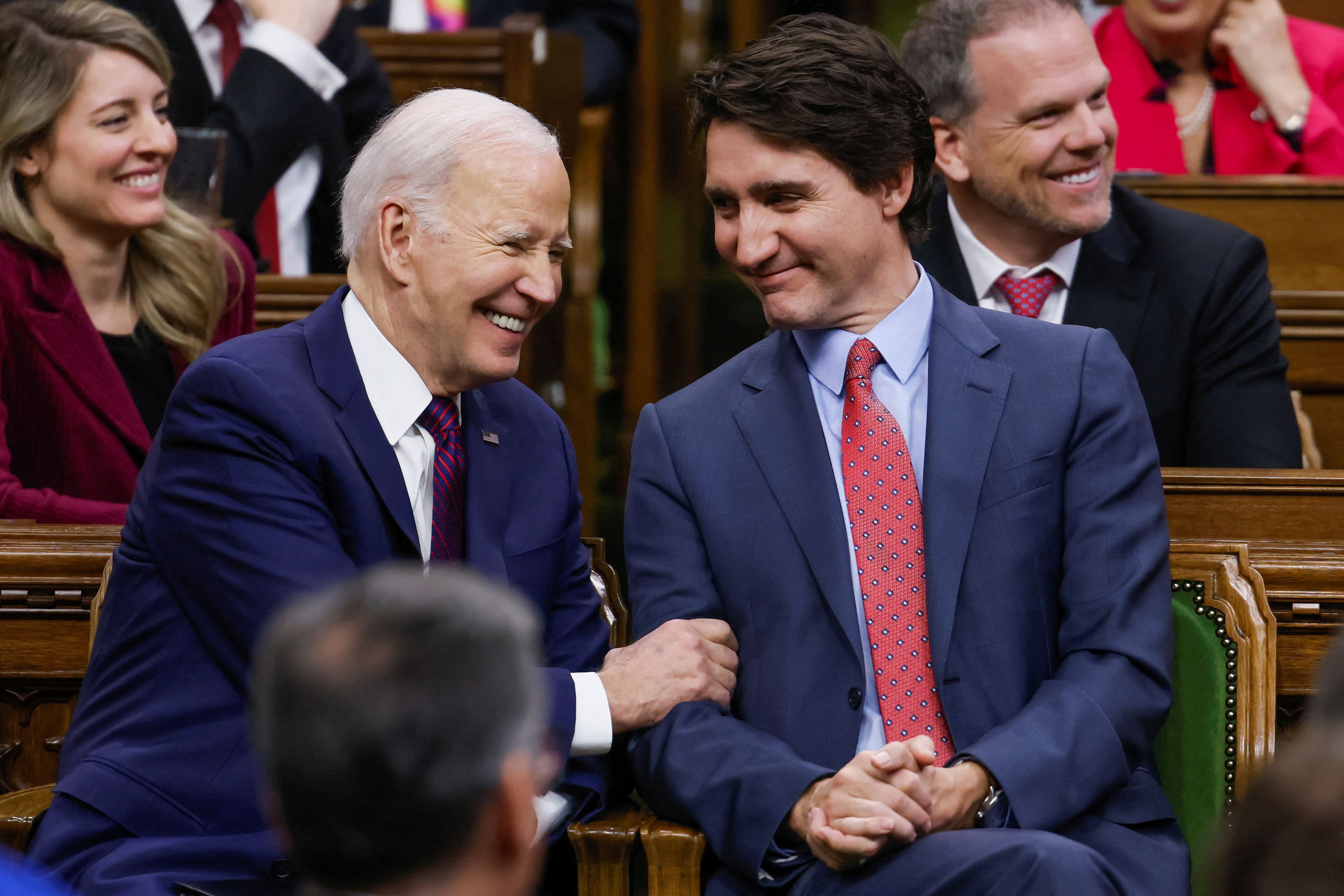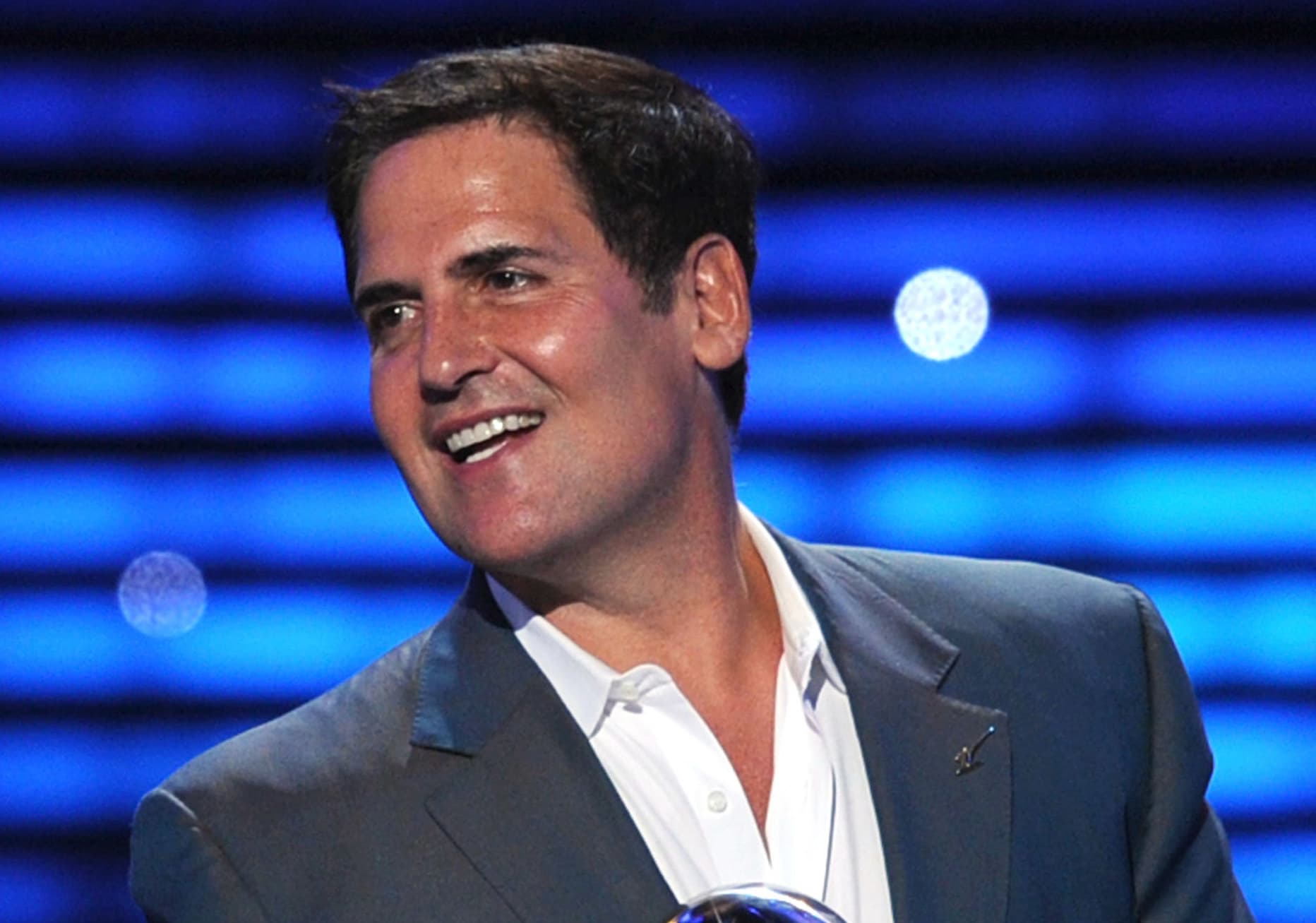Trump’s Return to the Presidency Stirs New Uncertainty for Canadian Politics

The possibility of Donald Trump reclaiming the U.S. presidency has reignited uncertainty within Canada, a country deeply intertwined with its southern neighbor. Throughout Trump’s first term, Canadian leaders navigated a series of unexpected and often turbulent issues—trade disputes, shifting immigration policies, and a complicated diplomatic landscape. Now, with Trump poised to return to the White House, these issues may intensify, creating new challenges for the Canadian government.
Canada’s relationship with the U.S. during Trump’s first administration was anything but stable. The renegotiation of the North American Free Trade Agreement (NAFTA) was one of the most significant, lasting over a year and requiring careful negotiation to protect Canadian interests. At the same time, Trump's harsh immigration policies, including the controversial treatment of migrants and the zero-tolerance stance, led to an increase in asylum seekers crossing into Canada. Adding to the tension, the imposition of tariffs on Canadian steel and aluminum in 2018 created a trade war that disrupted industries and strained diplomatic relations.
As Trump seeks a second term, Canadian officials are bracing for a return of these issues. The potential for revisiting trade agreements or introducing new tariffs could disrupt Canada's economy and challenge its international relations. In particular, if Trump follows through on plans for mass deportations of immigrants, Canada may see an influx of refugees crossing the border. This would place pressure on Canada’s immigration system, social services, and political landscape.
The fallout from Trump’s second term could extend beyond the realm of trade and immigration. His previous withdrawal from the Paris climate agreement could have lasting consequences for Canada’s environmental policies and global climate efforts. Furthermore, Trump’s less-than-enthusiastic support for NATO and other international alliances could force Canada to reassess its defense strategies and foreign policy stance.
In addition to these immediate challenges, Trump’s polarizing leadership and political ideologies may reignite divisions within Canada. The growing political influence of American figures, including Trump himself, is becoming more visible across the border, with some segments of the Canadian population expressing support for his policies. As tensions mount, Canadian political leaders must find ways to maintain the country’s sovereignty and identity while managing the inevitable ripple effects of American decisions.
Though Canadian officials remain outwardly calm, the return of Donald Trump to the White House promises to keep Canada on high alert. The coming years may see heightened diplomatic scrutiny, economic turbulence, and significant shifts in the Canada-U.S. relationship. The unpredictability that marked Trump’s first presidency seems likely to return, presenting Canadian leaders with another wave of uncertainty to navigate as they balance national interests with the complexities of living next door to one of the most powerful—and unpredictable—nations in the world.





.jpg)
.jpg)
.jpg)
 (1).jpg)
 (1).jpg)
